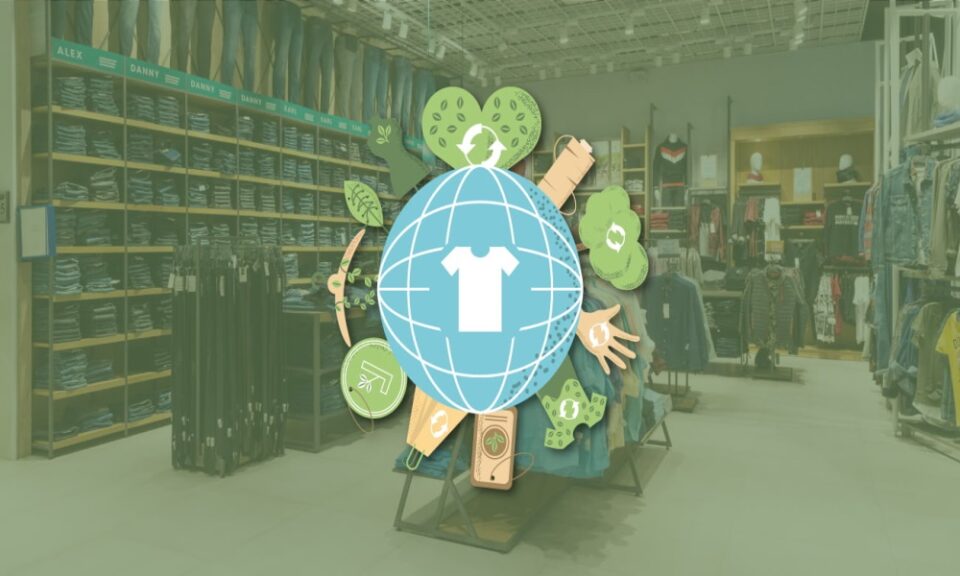As environmental concerns continue to grow, businesses across various industries are recognizing the importance of adopting sustainable practices. In the retail sector, implementing eco-friendly initiatives is not only a responsible choice but also a way to attract environmentally conscious consumers. By incorporating sustainable retail practices, businesses can reduce their environmental impact and contribute to a greener future.
Benefits of Sustainable Retail Practices
Adopting eco-friendly initiatives in retail provides numerous benefits for both the business and the environment. Some of the key advantages include:
- Reduced carbon footprint: By implementing energy-efficient technologies, using renewable energy sources, and minimizing waste, retailers can significantly reduce their carbon emissions.
- Cost savings: Sustainable practices such as reducing energy consumption, implementing recycling programs, and optimizing supply chains can lead to cost savings in the long run.
- Enhanced brand reputation: Consumers are increasingly favoring brands that demonstrate a commitment to sustainability. By incorporating eco-friendly initiatives, retailers can enhance their brand reputation and attract a larger customer base.
- Improved employee morale: Employees are more likely to be motivated and engaged when working for a company that values environmental sustainability. Implementing green practices can boost employee morale and loyalty.
Key Eco-friendly Initiatives in Retail
Retailers can implement a variety of sustainable practices to reduce their environmental impact:
- Energy-efficient lighting: Switching to LED lights can significantly reduce energy consumption and cut down on electricity costs.
- Renewable energy sources: Installing solar panels or utilizing wind energy can help retailers generate their own clean energy and reduce dependence on fossil fuels.
- Green packaging: Using recycled or biodegradable packaging materials and reducing overall packaging waste can minimize the environmental impact of retail operations.
- Waste management: Implementing effective recycling programs and encouraging customers to bring their own reusable bags can help reduce waste and promote a circular economy.
- Sustainable sourcing: Retailers can prioritize sourcing products from suppliers that adhere to sustainable practices, such as using organic materials or fair-trade production methods.
- Optimized supply chains: Streamlining transportation routes, utilizing efficient logistics, and reducing packaging can minimize the carbon emissions associated with the supply chain.
Examples of Sustainable Retail Initiatives
Several retailers have already embraced sustainable practices and set examples for the industry:
- Patagonia: This outdoor clothing brand is known for its commitment to sustainability. They use recycled materials, promote fair trade practices, and encourage customers to repair and recycle their products.
- IKEA: IKEA strives to be a sustainable retailer by using renewable energy sources, offering recycling programs for products, and providing sustainable product options.
- Unilever: Unilever, a global consumer goods company, has set ambitious sustainability goals, including using 100% recyclable packaging and sourcing all agricultural raw materials sustainably.
Incorporating eco-friendly initiatives in retail is essential for businesses to operate in an environmentally responsible manner. By adopting sustainable practices, retailers can reduce their carbon footprint, save costs, enhance brand reputation, and contribute to a greener future. Embracing sustainability not only benefits the environment but also attracts environmentally conscious consumers, setting businesses apart in an increasingly competitive retail landscape.

